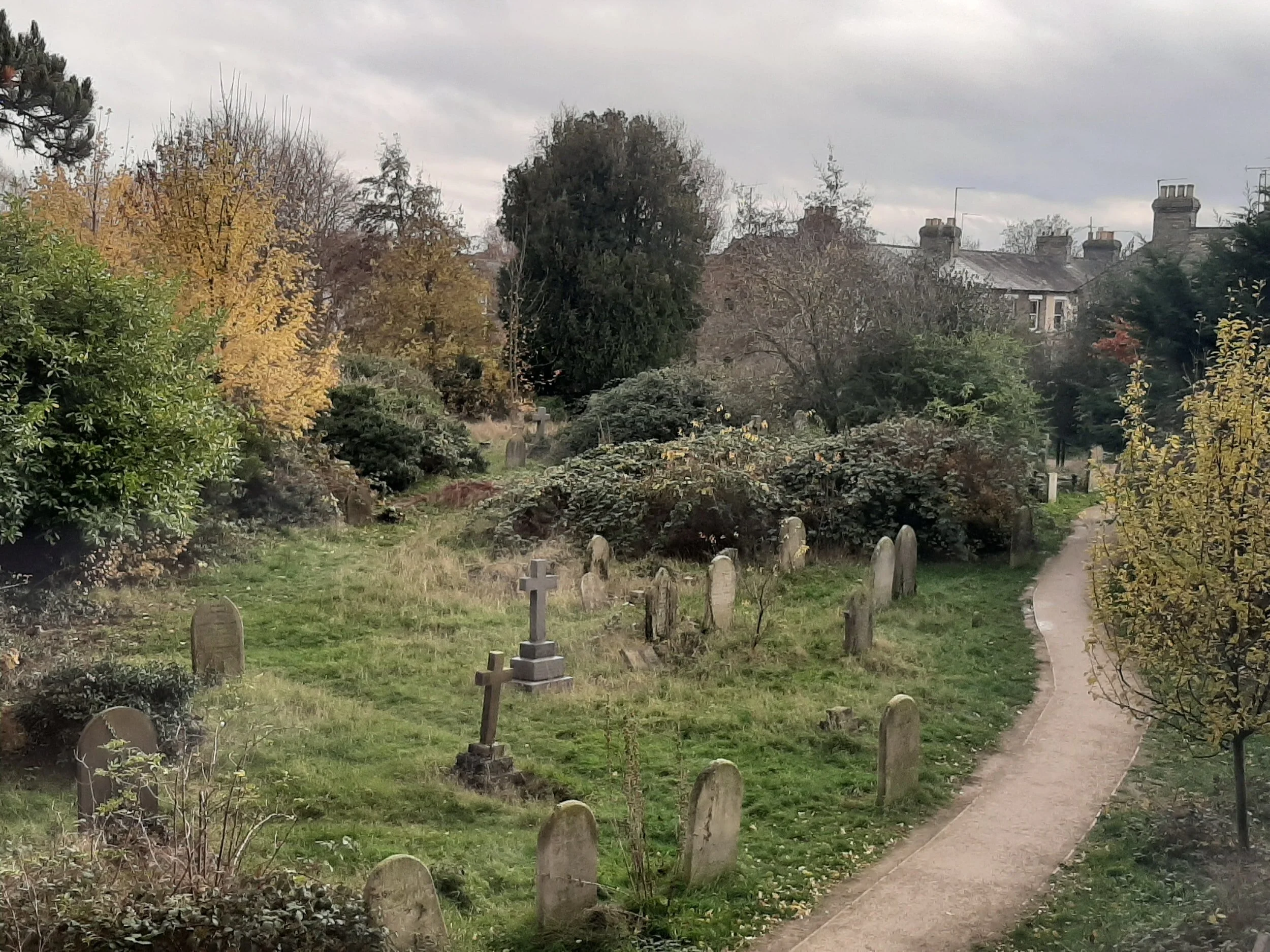What country Australia teaches us about death
I stopped the other day outside an abandoned church on a lonely country road. It was one of those old church buildings that is hard to drive on by. It was a beautiful old weatherboard building, with a rusty garden gate and wild roses gone completely feral in the front yard.
The gum trees on either side of the building were magnificent. Years of weather had stained the bark and mangled the branches, and a huge flock of cockatoos were screeching and arguing as they dangled upside down from the highest branches of the trees. Behind the little church was a graveyard. Samuel, George, Constance, Agnes, Slippery, Slim and Macca were all buried there. It was one of those places that will, no doubt, always feel sacred, even when it finally collapses in on itself, and becomes tangled for all time in the weeds and scrub which surround it.
One of the things I love about country Australia is, in fact, the many old and abandoned churches and their glorious graveyards. When you’ve been driving country roads for a while, it almost becomes impossible not to notice all the roadside crosses and roadside shrines to the memory of someone’s beloved son or father or aunty. Life in the country seems to bring you right up close to death in a way that isn’t quite so obvious in the city.
Out here, death and silence are real, unavoidable. Every turn in the road reveals another little old church, or broken-down tractor, or abandoned mine, or closed-down town, or long-forgotten railway siding. Everywhere, the fact that life is fleeting, somehow floats into relief. And it all comes into focus in the context of silence.
There’s nothing like an old graveyard to get the priorities reset. No matter what happens, no matter how useful or not, effective or not, productive, efficient, worthy, upright or not: we’ll all end up in a grave somewhere, eventually. It’s pretty bloody sobering. It takes a quiet moment in a graveyard to get life back into perspective. It’s also a place to wonder about detachment. That spiritual theme, which underpins so many great writers and thinkers, detachment is related to the capacity to step back from the chaos and know what is worth our attention - and what isn’t.
In the Long Paddock, we have a chance to face the truth. Painful as it may be. We have a chance to be courageous and noble and plain old gutsy. It takes guts to allow the silence to speak. But when it does, it’s awesome. When it does, you can hear the stories of the thousands who have forged ahead of us, paved a way for us, and lived, loved, lost, and loved again.
In the Long Paddock, you can wait a while in the silence and learn to trust your gut. You can think about what things to spend your life doing. You can think about being. You can think about not being. The spiritual exercise and discipline of detachment helps us to step back and let go of those things that get in the way of life. Detachment helps us to be alive, truly alive, while we have breath in us to be alive.
Trust me, next time you’re driving in the country: stop in at an old church, walk the graveyard there, listen to the birds, notice the trees … get a life.

